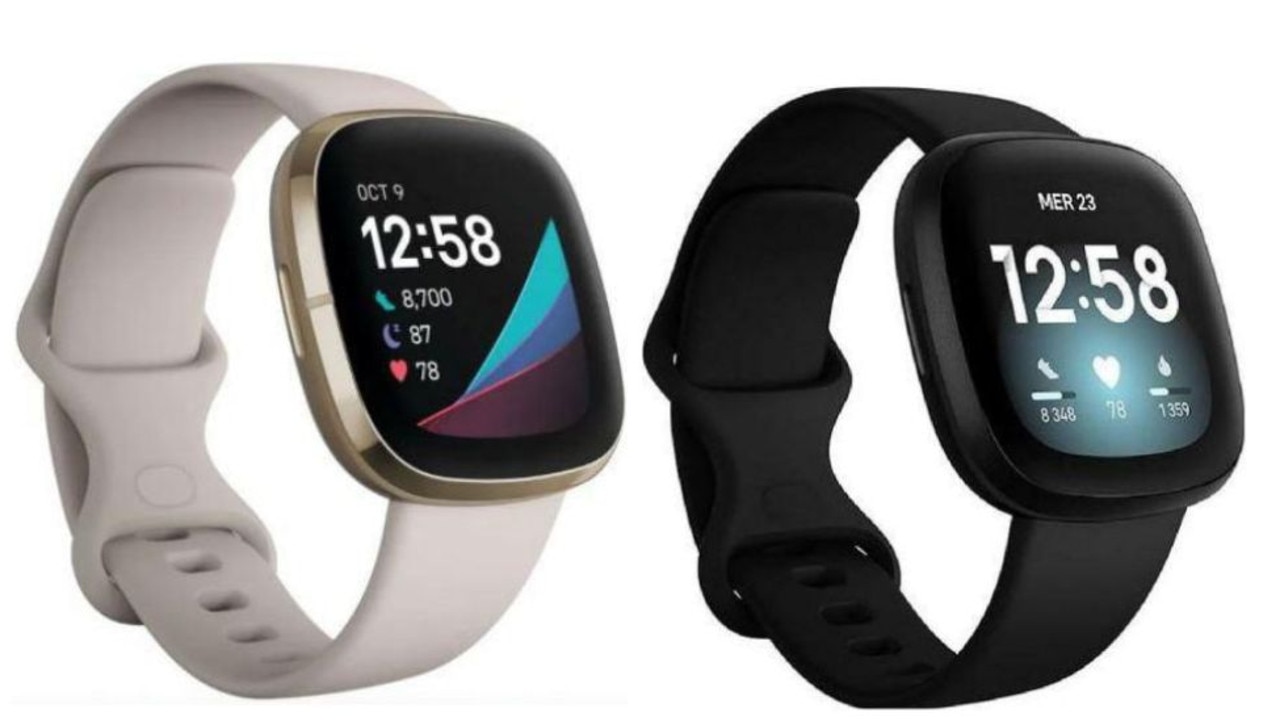Fitbit’s heart rate tracking tech is very unreliable during exercise, study finds
A NEW study has shown Fitbit’s heart rate tracking tech can be inaccurate by as many as 25 beats per minute during exercise.
FRESH doubt has been cast over the accuracy of technology used by the wearable fitness bracelets marketed by Fitbit.
According to researchers who conducted a new study which tracked the company’s in-house PurePulse technology, the heart rate monitoring wristbands can be wildly inaccurate.
The study was commissioned by lawyers who are representing a group of customers in the US who are currently suing Fitbit over the accuracy of its products.
Researchers at California State Polytechnic University tested the Fitbit Surge and Fitbit Charge HR devices which are designed to monitor users’ heart rates, act as a pedometer, count the number of calories burned, and track sleep quality.
The study involved 43 participants and pitted the two devices against recordings from a chest-worn heart rate monitor hooked up to a electrocardiogram as the participants engaged in various exercise activities such as running on a treadmill and skipping.
Researchers found that the Fitbit bracelets could be out of synch with the electrocardiogram by as many as 25 beats per minute.
Researchers also wrote that while the Fitbit bracelets appeared more accurate during periods of rest, they produced inconsistent readings during exercise.
“The devices are also inconsistent, as can be reasonably inferred from the notable discrepancies between Fitbit devices simultaneously measuring the heart rate,” researchers wrote.
The study concluded that “with strong scientific reasoning, the PurePulse technology embedded in the Fitbit optical sensors does not accurately record heart rate, and is particularly unreliable during moderate to high intensity exercise.”
A company spokesman for Fitbit has refuted the findings and called the study meaningless because it was funded by the plaintiffs in the case against Fitbit.
“What the plaintiffs’ attorneys call a ‘study’ is biased, baseless, and nothing more than an attempt to extract a payout from Fitbit,” the company said in a statement.
“It lacks scientific rigour and is the product of flawed methodology. It was paid for by plaintiffs’ lawyers who are suing Fitbit, and was conducted with a consumer-grade electrocardiogram — not a true clinical device, as implied by the plaintiffs’ lawyers.”
The company also cast doubt over the accuracy of the electrocardiogram used in the study and said there was no evidence to show it was any more sophisticated or accurate than its own products.



